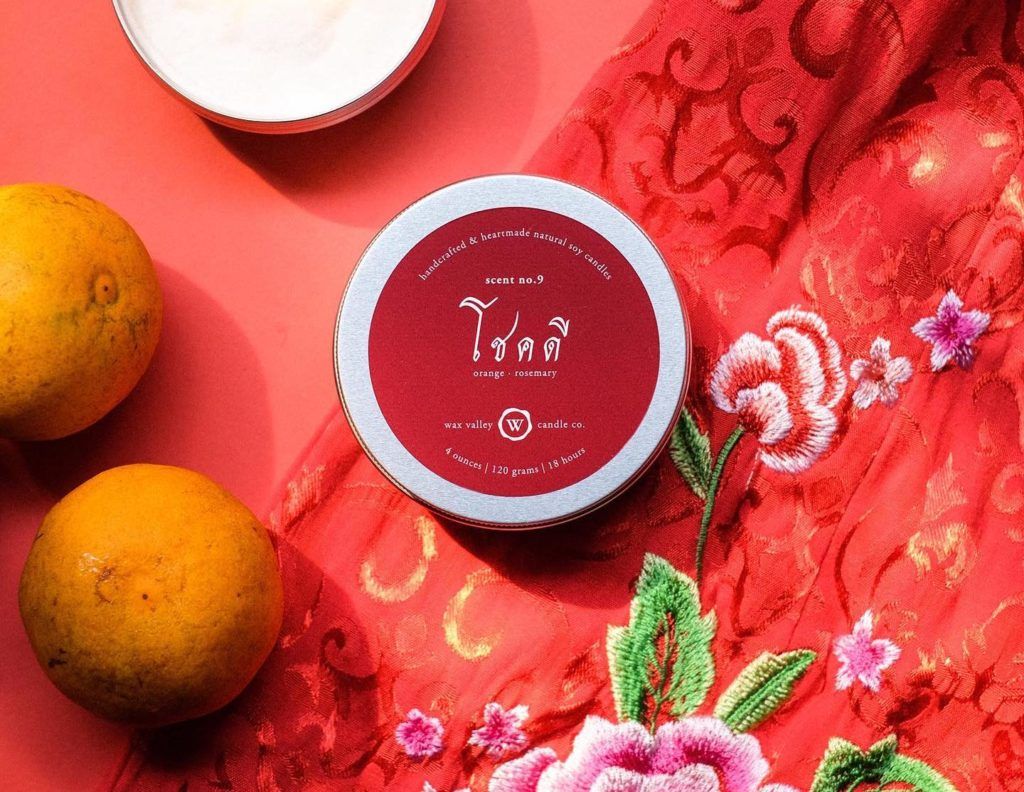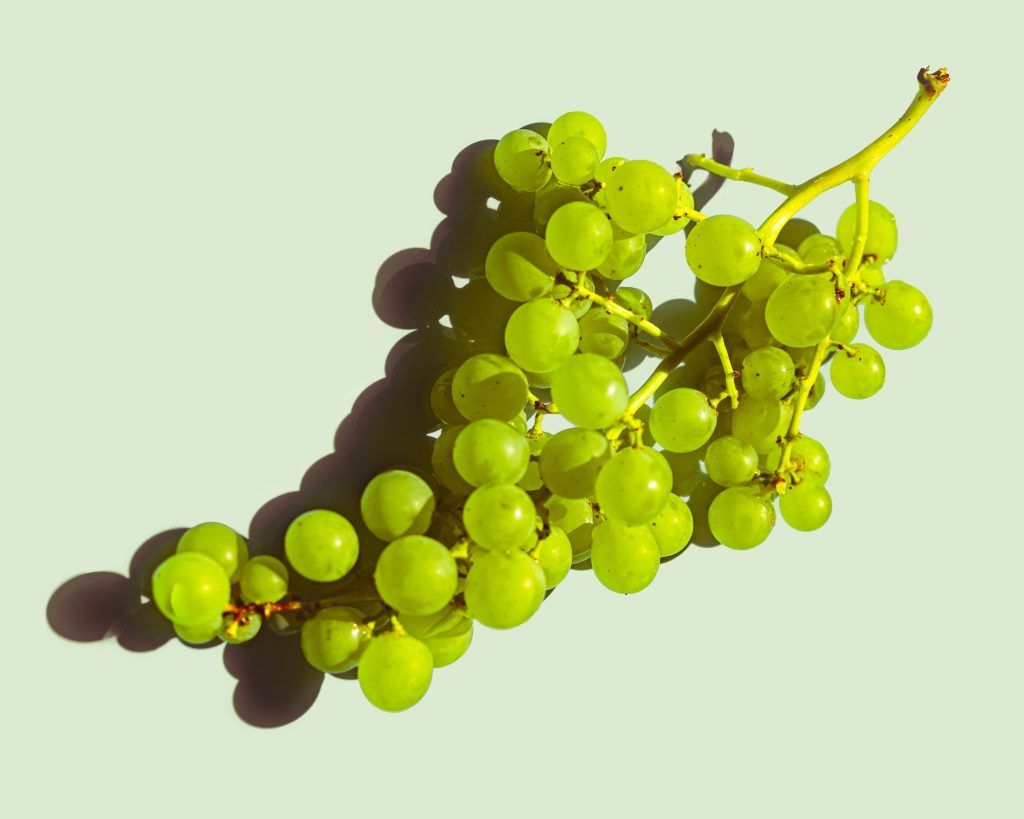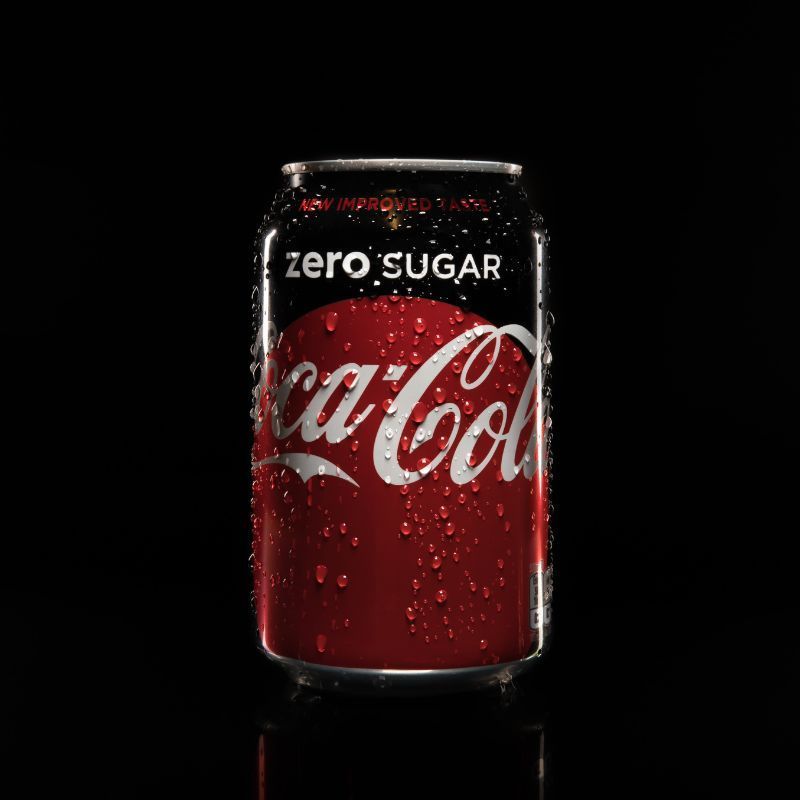
What is Japanese water therapy? All about the weight loss treatment
By Ananya Swaroop Dec 28, 2023 | 4 min read

Dermaster Aesthetic & Surgery Institute unveils body design centre
By Tipapa Chandarasrivongs Nov 22, 2023 | 2 min read

7 Thai scented candles to shop in Bangkok for the impending lockdown
By Karatpetch Vattanapoon Nov 20, 2023 | 5 min read

Meatless Monday: 10 best plant-based protein powders you can find in Thailand
By KARATPETCH VATTANAPOON and PAINT CHAYANIN Nov 20, 2023 | 9 min read

These wall exercises will help you get rid of the stubborn belly fat
By Ananya Swaroop Oct 31, 2023 | 5 min read

The many health benefits of eating grapes
By Lifestyle Asia Oct 17, 2023 | 3 min read

Kim Taehyung’s workout routine you can follow to gain a perfect build
By Kriti Nayyar Oct 12, 2023 | 5 min read

All about Lisa’s workout routine and how she maintains her athletic body
By Kriti Nayyar Oct 07, 2023 | 6 min read

lululemon’s annual global wellbeing report reveals a “wellbeing dilemma” in 2023
By Tipapa Chandarasrivongs Sep 28, 2023 | 3 min read

Japanese exercises to add to your workout routine for reducing belly fat
By Ananya Swaroop Sep 23, 2023 | 5 min read

What is the best time to work out? This study determines the best time to exercise
By Lifestyle Asia Sep 23, 2023 | 3 min read

What is Hot Pilates, and why is set to be the hottest new fitness trend this season?
By Lifestyle Asia Sep 21, 2023 | 4 min read

Fitness secrets of BTS’ Jimin: Here’s how the star maintains his chiseled physique
By Kriti Nayyar Sep 20, 2023 | 5 min read

What is the burnt toast theory, and how is it helping TikTokers navigate life?
By Lifestyle Asia Sep 19, 2023 | 3 min read

Loft Thai Spa unveils its newest branch with the ultimate couple experience
By Tipapa Chandarasrivongs Sep 19, 2023 | 3 min read

If you have high blood pressure, avoid these vitamins, supplements and herbs
By Amrutha Menon Palazhy Sep 12, 2023 | 9 min read

Practice these yoga poses for a flat stomach
By Tania Tarafdar Sep 12, 2023 | 7 min read

Why the Gen Z trend of being ‘delulu’ could be the ‘solulu’ to better living
By Tipapa Chandarasrivongs Aug 31, 2023 | 3 min read

The ultimate lazy girl guide to a morning wellness routine
By Tipapa Chandarasrivongs Aug 24, 2023 | 3 min read

Checking in: A new approach to health and wellness at RXV Wellness Village
By Tipapa Chandarasrivongs Aug 17, 2023 | 6 min read

My breast cancer scare at 22: Why it’s never too early to care for your health
By Tipapa Chandarasrivongs Aug 16, 2023 | 3 min read

Mother is mothering: 6 forever young beauty tips from real mothers
By Tipapa Chandarasrivongs Aug 15, 2023 | 4 min read

How to use Matcha for your skin? Skincare products and more
By Akshita Nahar Jain Aug 12, 2023 | 4 min read

Time for self-love: 7 great ways to treat yourself in Bangkok
By Karn Chatikavanij Aug 12, 2023 | 7 min read

Lyme disease: What is it? And how has it affected celebrities?
By Manas Sen Gupta Aug 10, 2023 | 14 min read

This is how Ahn Bo-hyun’s workout routine keeps his body in shape
By Kriti Nayyar Aug 09, 2023 | 7 min read

Thai Mother’s Day 2023: 10 gift ideas for different types of mums
By Tipapa Chandarasrivongs Aug 08, 2023 | 7 min read

Best exercises to strengthen your back and build a strong foundation
By mansidak Aug 01, 2023 | 10 min read

Study smarter not harder: 7 studying tips for exams
By Tipapa Chandarasrivongs Jul 27, 2023 | 3 min read

Miss Universe launches a beverage, skincare, and spa collection
By Nopparat Jul 26, 2023 | 4 min read

Aspartame, the sweetener in diet sodas that could allegedly cause cancer
By Sushmita Mahanta Jul 13, 2023 | 3 min read

A thorough 5-minute abs and oblique workout to get rid of belly fat
By Ananya Swaroop Jul 13, 2023 | 5 min read

7 of the most significant health benefits of flaxseed
By Srijoni Gupta Roy Jul 08, 2023 | 7 min read

The self-love guide: Accepting yourself whilst making changes and growing
By Tipapa Chandarasrivongs Jun 30, 2023 | 3 min read

5 ways to practice mindfulness if meditation isn’t your thing
By Tipapa Chandarasrivongs Jun 29, 2023 | 4 min read

Raw honey health benefits: A superfood to manage blood sugar and cholesterol levels
By Preeti Kulkarni Jun 28, 2023 | 6 min read

Mint water benefits you should know about this superdrink
By Sreetama Basu Jun 14, 2023 | 3 min read

Yoga poses you can try to lose belly fat
By Sreetama Basu Jun 11, 2023 | 3 min read

Is the digital era giving us body dysmorphia?
By Tipapa Chandarasrivongs Jun 01, 2023 | 4 min read

TikTok’s ‘everything shower’ beauty trend explained (plus, how to do it yourself)
By Benjamin Wong May 24, 2023 | 6 min read

Foods that can reduce blood pressure naturally
By Srijoni Gupta Roy May 18, 2023 | 4 min read
